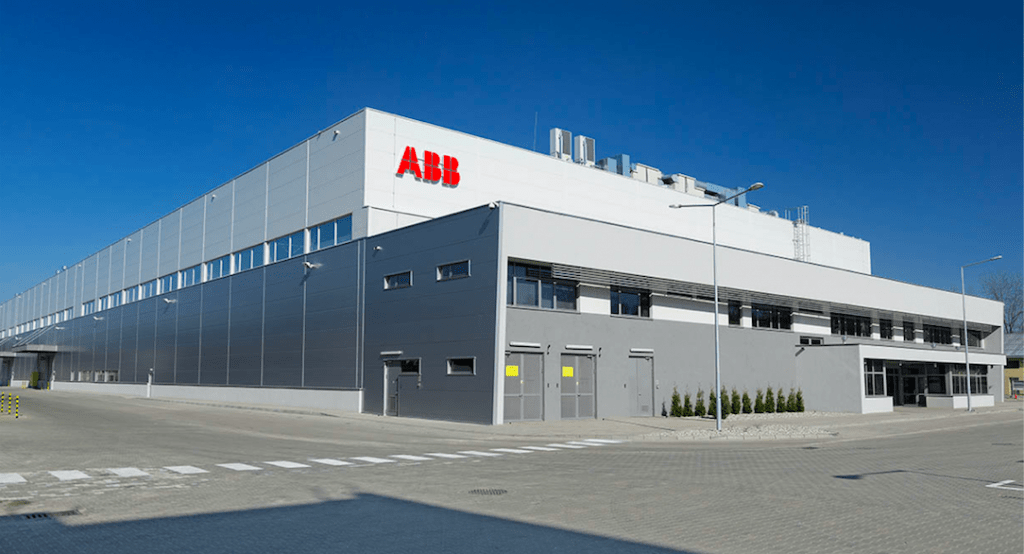
Embracing Digital Transformation in Industrial Automation
AutoControl GlobalAutoControl Global July 24, 2024In today's rapidly evolving industrial landscape, ABB Motion Control Division leads the way in driving energy efficiency and sustainability. As a pioneer in the field, ABB continues to push the boundaries of technology, leveraging innovations in digitalization to enhance product performance, safety, and reliability. This transformation is essential for achieving a low-carbon future and maintaining competitive advantage in the market.
Harnessing Data for Enhanced Performance
The core of ABB's strategy involves utilizing various signals generated by motor operation, such as current and voltage. By integrating these signals with mechanistic models, computer vision, and machine learning, ABB aims to accurately monitor and diagnose issues like bar breakage in rotating equipment. This approach not only improves operational efficiency but also ensures that maintenance can be performed proactively, reducing downtime and extending equipment life.
Challenges in Signal Processing
Signal processing is a crucial aspect of this digital transformation. Accurate detection of anomalies requires sophisticated techniques for handling noisy data and extracting meaningful features. Techniques like filtering, normalization, and feature extraction are vital in ensuring that the data used for diagnostics is reliable and informative. Effective signal processing leads to more accurate fault detection, which is essential for maintaining system reliability and performance.
Feature Extraction and Data Fusion
Feature extraction involves identifying and isolating significant characteristics from raw data. This process transforms complex signals into actionable insights. Data fusion, on the other hand, integrates information from multiple sources to provide a comprehensive view of the equipment's condition. Combining these techniques enables ABB to develop robust diagnostic tools that can predict failures before they occur, thus enhancing overall system reliability.
Implementing Machine Learning and Computer Vision
Machine learning and computer vision are transformative technologies in this context. Machine learning algorithms analyze historical data to identify patterns and predict potential issues. Computer vision, meanwhile, offers real-time monitoring through visual analysis, which complements other data sources. Together, these technologies enable ABB to create advanced diagnostic systems that are both accurate and scalable.
Ensuring Reliability Through Global Service Channels
ABB's commitment to innovation is matched by its dedication to customer service. The company provides global support through extensive service channels, ensuring that clients receive timely and effective assistance. This network is crucial for maintaining the reliability and performance of ABB’s solutions, particularly in complex industrial environments where prompt service is essential.
Driving Sustainable Development
Digital transformation is not just about technology; it is about fostering sustainable development. By continuously innovating and integrating advanced technologies, ABB helps industries achieve high-quality, sustainable growth. This approach aligns with global goals for energy efficiency and environmental stewardship, making ABB a leader in promoting a low-carbon future.
Conclusion: The Future of Industrial Automation
ABB Motion Control Division exemplifies how digital transformation can revolutionize industrial automation. By effectively utilizing motor signals, addressing challenges in signal processing, and leveraging cutting-edge technologies like machine learning and computer vision, ABB delivers superior products and services. As industries continue to evolve, ABB's commitment to innovation and customer support ensures that it remains at the forefront of creating reliable and sustainable automation solutions.
